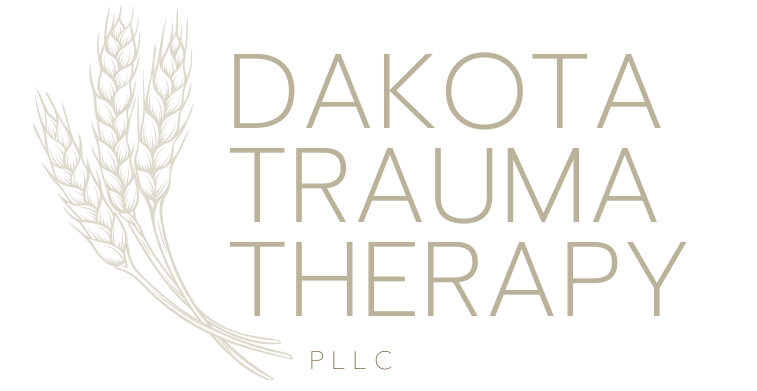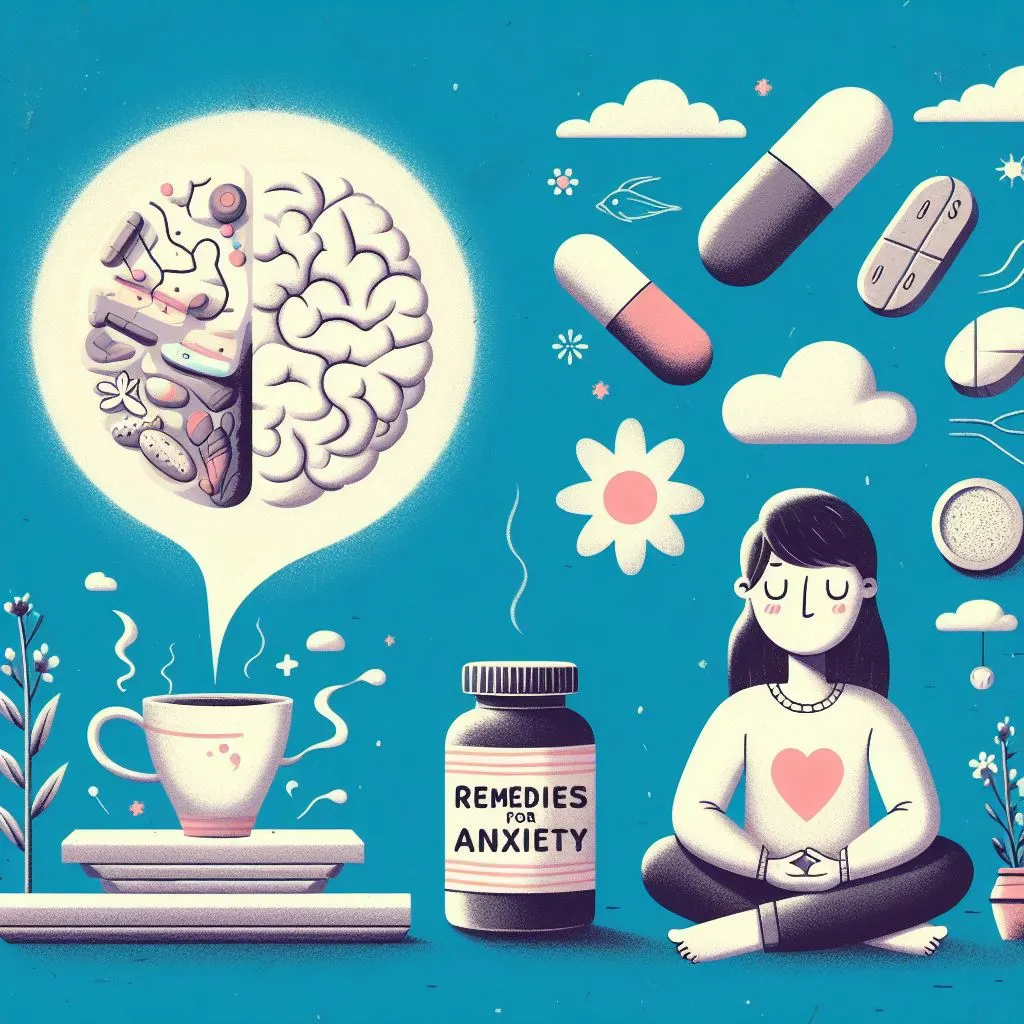In the bustling world we live in, anxiety has become a companion to many. It nibbles away at our peace, disrupts our daily routines, and sometimes feels like an overwhelming wave. Fortunately, a wealth of natural and therapeutic substances promise a beacon of hope. In this comprehensive guide, we will explore the top ten questions that have been asked by individuals seeking relief from the clutches of anxiety.
From understanding the role of these substances to identifying which are best suited for your needs, you are about to embark on a journey towards serenity. Prepare to dive into the calming waters of safe and effective options that can pave the way to a more tranquil mind and body. Keep reading to unveil the secrets that might be the key to soothing your anxiety.
What are the most effective natural substances for relieving anxiety?
When it comes to alleviating anxiety naturally, a multitude of options exist. Nature’s trove is brimming with herbs, amino acids, and vitamins known for their calming effects. While the effectiveness of these substances can vary from person to person, here are some top contenders that have been recognized for their potential to ease anxious minds:
- Valerian Root: Traditionally used as a sleep aid, valerian root is also known for its ability to reduce anxiety. It’s thought to boost gamma-aminobutyric acid (GABA), a neurotransmitter that encourages relaxation.
- L-Theanine: Found in green tea, L-Theanine promotes relaxation without drowsiness. It’s believed to influence the levels of certain chemicals in the brain, including serotonin and dopamine, which regulate mood, sleep, and emotion.
- Ashwagandha: This herb is a cornerstone of Ayurvedic medicine. It is revered for its adaptogenic properties, which may help the body handle stress more effectively.
- Magnesium: Known as the “relaxation mineral,” magnesium is pivotal in neurological health and stress response. Magnesium deficiency is commonly linked to heightened anxiety.
- Omega-3 Fatty Acids: Found in fish oil and certain plant oils, omega-3s are crucial for brain health and have been associated with lowered anxiety levels.
Each of these substances comes with its own set of guidelines, including proper dosage and potential side effects. Therefore, it’s essential to consult a healthcare professional before incorporating them into your regimen.
Can certain vitamins or minerals reduce anxiety symptoms?
Vitamins and minerals are the unsung heroes in our battle against anxiety. They are essential to our overall well-being and are crucial to brain function and mood regulation. The key players in this field include:
- Vitamin D: Often nicknamed the “sunshine vitamin,” Vitamin D is tied closely to mood and has been found to potentially alleviate symptoms of anxiety and depression.
- B Vitamins: The family of B vitamins, especially B6, B9 (folate), and B12, are critical for producing and regulating neurotransmitters like serotonin and dopamine, which can influence anxiety.
- Zinc: Zinc’s role in neural communication is vital, and low levels of this mineral have been connected to increased anxiety.
- Magnesium: As mentioned earlier, magnesium aids in relaxation and has been indicated in managing anxiety disorders.
In the face of anxiety, ensuring an adequate intake of these vitamins and minerals, either through diet or supplements, could be a key strategy in maintaining your mental health armor.
How does CBD oil work to manage anxiety?
Cannabidiol (CBD) oil has surged in popularity as a potential anxiety remedy. But how does it actually work? CBD, a naturally occurring compound found in cannabis plants, interacts with the body’s endocannabinoid system—a system known to play a role in regulating mood, sleep, and stress responses. Here’s how CBD may tackle anxiety:
- Serotonin Receptors: CBD is believed to interact with serotonin receptors in the brain, particularly the 5-HT1A receptor, which is linked to anxiety and depression.
- Hippocampal Neurogenesis: Research suggests that CBD might promote neurogenesis in the hippocampus, a brain region associated with cognitive functions and emotion regulation.
- Endocannabinoid Signaling: CBD may enhance endocannabinoid signaling, potentially reducing stress and improving mood.
- Activation of CB1 Receptors: Although CBD doesn’t directly activate CB1 receptors, it might influence other compounds in the body to do so, which could then alleviate anxiety.
It’s crucial to discuss using CBD oil with a healthcare provider to determine the appropriate dosage and to ensure it won’t interact with other medications.
Are there dietary changes that can help manage anxiety?
Diet can have a profound impact on our mental health. Certain foods and eating patterns can exacerbate anxiety, while others may have a calming effect. Here’s how dietary changes can benefit those dealing with anxiety:
- Reducing Caffeine and Sugar: Both caffeine and sugar can lead to heightened anxiety in sensitive individuals. Cutting back on these stimulants may help stabilize mood swings.
- High Antioxidant Foods: Antioxidants combat oxidative stress, which affects neurotransmitter production. Berries, leafy greens, and nuts are rich in antioxidants.
- Complex Carbohydrates: Carbohydrates increase the production of serotonin in the brain. Opting for complex carbohydrates like whole grains can steady blood sugar levels, reducing anxiety.
- Hydration: Dehydration can cause mood disturbances. Drinking enough water throughout the day is simple yet effective for reducing anxiety.
- Omega-3 Fatty Acids: As mentioned earlier, omega-3s play a crucial role in brain health and can mitigate symptoms of anxiety.
Focusing on a well-rounded diet, including various nutrients, can be a valuable tool in managing anxiety symptoms.
How does exercise help with anxiety, and what types are best?
Physical activity is highly effective in reducing anxiety. It promotes the release of endorphins, known as “feel-good” hormones, and reduces levels of the body’s stress hormones, like cortisol. The best types of exercise for anxiety include:
- Yoga: Combining physical poses, breathing exercises, and meditation, yoga can induce a state of relaxation and improve mood.
- Aerobic Exercise: Activities like running, swimming, or cycling can be particularly beneficial for anxiety as they increase heart rate, which in turn can reduce stress.
- Mindful Movement: Exercises incorporating mindfulness, such as tai chi or qigong, can alleviate anxiety symptoms through their meditative movements.
Each form of exercise can reduce anxiety, so you must find an activity you enjoy and can consistently include in your routine.
Do herbal teas have a calming effect on anxiety?
Herbal teas have been used for centuries for their various health benefits, including their ability to instill a sense of calm. Some popular herbal teas for anxiety relief include:
- Chamomile Tea: Chamomile contains antioxidants that are thought to promote relaxation and might reduce symptoms of anxiety.
- Peppermint Tea: Peppermint is known for its soothing properties. It can help relax muscles and ease tension, contributing to overall calmness.
- Lavender Tea: Lavender is well-known for its stress-relieving and soothing properties, making its tea a popular choice for anxiety relief.
When sipping on herbal teas, the ritual itself can also be a calming practice, reinforcing the positive effects against anxiety.
Can aromatherapy help with anxiety, and which scents are most effective?
Aromatherapy utilizes essential oils to harness the power of scent for therapeutic benefits. Certain aromas can stimulate the part of the brain connected to mood, leading to reduced feelings of anxiety. The most effective scents include:
- Lavender: Known for its calming and relaxing properties, lavender is one of the most popular scents for reducing anxiety and promoting sleep.
- Bergamot: Citrusy and refreshing, bergamot can uplift the mood and alleviate stress.
- Rose: The scent of the rose is associated with lowering stress levels and promoting a sense of tranquility.
Integrating aromatherapy into daily life can be a pleasant and accessible way to combat anxiety.
What are adaptogens, and how can they be used to manage anxiety?
Adaptogens are a unique group of herbal ingredients used in herbal medicine that help the body resist stressors of all kinds. They may balance, restore, and protect the body by increasing its resistance to physical, chemical, and biological stress. Here’s how they can aid in managing anxiety:
- Rhodiola Rosea: This adaptogen enhances alertness, reduces fatigue, and improves mood.
- Holy Basil: Also known as Tulsi, this herb is said to fend off stress and balance mood, making it a valuable ally against anxiety.
Adaptogens can be consumed as teas, tinctures, or supplements, but it’s essential to consult a healthcare provider for proper guidance and advice.
Can probiotics play a role in managing anxiety?
Recent studies have unveiled the link between gut health and mental health, often called the gut-brain axis. Probiotics, which are beneficial bacteria, can influence this relationship and play a role in managing anxiety by:
- Improving Gut Health: A healthy gut environment can affect the production and regulation of critical neurotransmitters and hormones, such as serotonin and cortisol, which have roles in anxiety.
- Reducing Inflammation: Chronic inflammation can affect brain health, and probiotics may lower inflammation and promote a healthier immune response, which could alleviate anxiety.
Incorporating probiotics into your diet through fermented foods or supplements may improve mood and reduce anxiety symptoms.
Are there any prescription medications that help with anxiety without causing dependence?
Prescription medications can be effective in treating anxiety, but many individuals worry about the potential for dependence. Some non-addictive medication options include:
- Selective Serotonin Reuptake Inhibitors (SSRIs): These are commonly prescribed for long-term management of anxiety and are considered non-addictive.
- Serotonin and Norepinephrine Reuptake Inhibitors (SNRIs): These work similarly to SSRIs and are also used for chronic anxiety management without causing dependence.
Always consult a healthcare provider to discuss the benefits and risks before starting any prescription medication for anxiety.
Navigating the waters of anxiety can be daunting, but armed with knowledge about natural and therapeutic substances, lifestyle changes, and mindful practices, you can chart a course toward calmer shores. Whether you lean towards herbs like valerian root and ashwagandha, incorporate anxiety-reducing vitamins and minerals into your diet, embrace the balancing benefits of CBD oil, or find solace in the rhythmic motions of exercise, each step is a stride towards tranquility.
Remember, this guide is a starting point, and discussing it with a healthcare provider before making any significant changes to your treatment plan is essential. Do not stop here if this article sparked a glimmer of hope or curiosity. Continue your research, reach out to professionals, and take action against anxiety. Your journey to a more serene life awaits.

